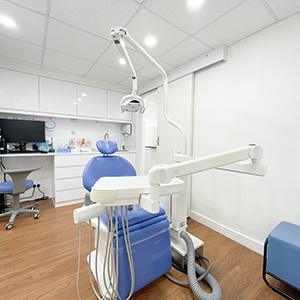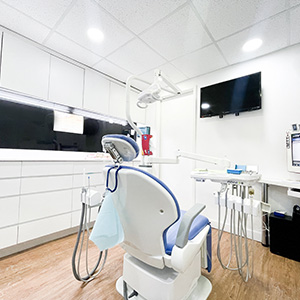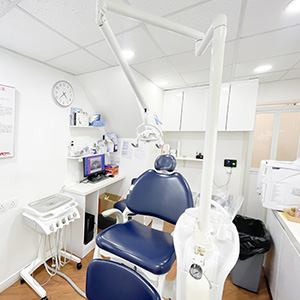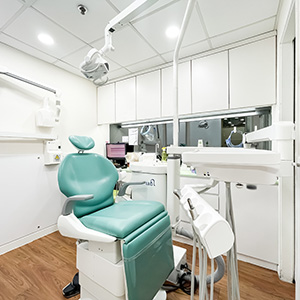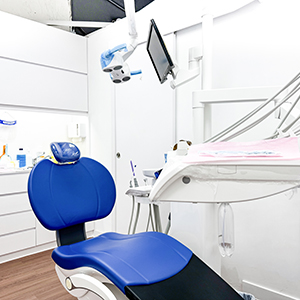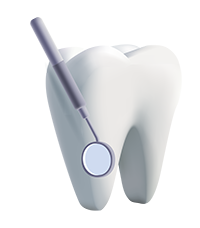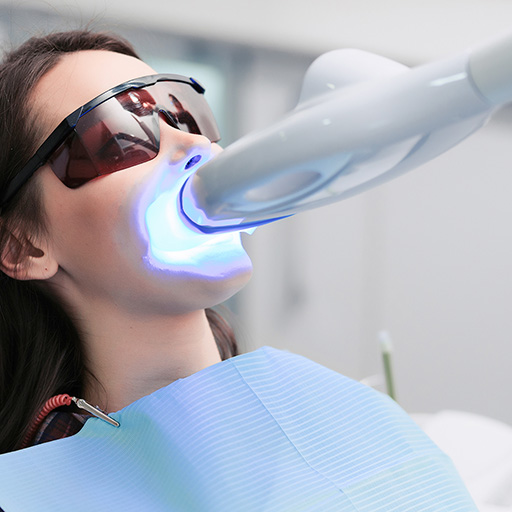
In-Office Teeth Bleaching
Professional, in-office teeth whitening is the most popular cosmetic dental procedure in the world today. Unlike at-home teeth whitening treatments that incorporate low-dose bleaching agents, in-office whitening takes place under carefully monitored conditions which allow for the safe, controlled, pain-free use of a relatively high concentration of bleaching gel – yielding results that are visible immediately.
Advantages
- Produces fastest results.
- Non-invasive, no surgery required.
- Long-lasting whitening effects.
Q&A
- How Does The Effectiveness Of In-Office Teeth Whitening Compare To At-Home Teeth Whitening?
- How Long Does an In-OfficeTeeth Bleaching Treatment Take?
- Does In-Office Teeth Whitening Treatment Need To Be Done At A Dental Office?
- Why Do Teeth Turn Yellow?
- How Long Do Teeth Whitening Last? How White Can My Teeth Get?
- What Are The Different Methods Of Teeth Whitening Available In The Market?
- What Should I Pay Attention To When Whitening My Teeth?
The advantage of blue light teeth whitening is that the results are more significant compared to traditional at-home teeth whitening treatments, with the ability to whiten at least eight shades, transitioning from yellow to white. Additionally, results are immediately visible.
However, there is a risk of affecting the enamel with In-Office Teeth Bleaching, which can lead to tooth sensitivity. This treatment should be administered by a registered dentist.
In-OfficeTeeth Bleaching Treatment is a professional medical procedure typically aimed at stubborn tooth discoloration issues. It must be performed by a registered dentist in a dental office to ensure the safety and effectiveness of the treatment.
In-Office teeth whitening treatment is a professional medical procedure typically aimed at stubborn tooth discoloration issues. It must be performed by a registered dentist in a dental office to ensure the safety and effectiveness of the treatment.
There are many reasons why teeth turn yellow. In addition to consuming dark-colored foods and drinks such as coffee and strong tea over a long period, which can cause pigments to accumulate on the surface of the teeth, aging also plays a role. As a person gets older, typically after the age of 30 or 40, the enamel of the teeth gradually wears down, revealing more yellowish dentin naturally and causing the teeth to appear less white and more yellow. Another reason for tooth discoloration is the excessive intake of tetracycline during childhood, which leads to pigments accumulating in the teeth and causing discoloration. Additionally, smoking is also a factor that affects tooth discoloration.
Teeth whitening is not a one-time process and may require repeated treatments over several months or years to maintain the effect based on the condition of the teeth and lifestyle habits. It is recommended for patients to quit smoking and avoid consuming dark-colored foods and drinks such as chocolate, curry, coffee, and strong tea to maintain the whitening effect. After the treatment, the teeth will become brighter than before, typically achieving a whitening of 6 to 15 shades, rather than becoming pure white.
There is a wide variety of teeth whitening methods available, ranging from simple at-home whitening strips and gels to professional treatments like blue light whitening for stubborn stains. Before enhancing your smile with teeth whitening, it’s important to understand the different methods, their effects, and potential side effects to make an informed decision.
- Regardless of the teeth whitening method used, if you experience sensitivity or soreness in your gums or teeth while using it, it may indicate a sensitivity reaction, and you should stop using it immediately to prevent potential damage to your teeth and gums.
- Even after whitening your teeth, it’s essential to maintain the health of your teeth and gums by brushing daily, using dental floss, scheduling regular cleanings and check-ups, and quitting smoking.
- Avoid consuming dark-colored foods and drinks.
- Individuals with systemic diseases, pregnant or breastfeeding women, extensive tooth decay, gum recession or exposed roots leading to sensitivity, severe tetracycline staining (grade 3 or above), or those with grayish-blue discoloration may find it challenging to achieve the desired aesthetic results through whitening treatments.
Before undergoing any teeth whitening treatment, it is crucial to have thorough communication with a dentist to clearly understand the factors causing tooth discoloration, the expected results, and to choose the appropriate treatment method for the best outcome.




